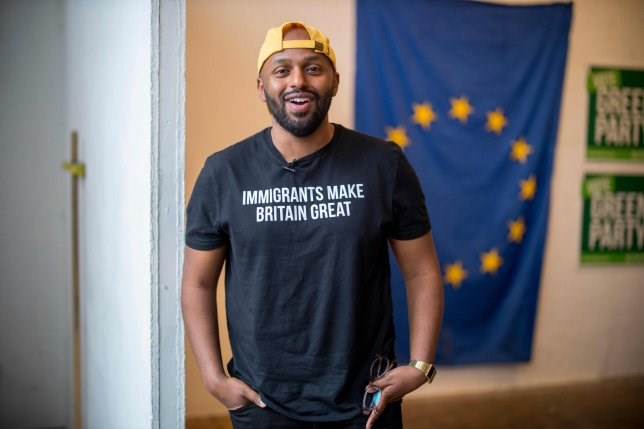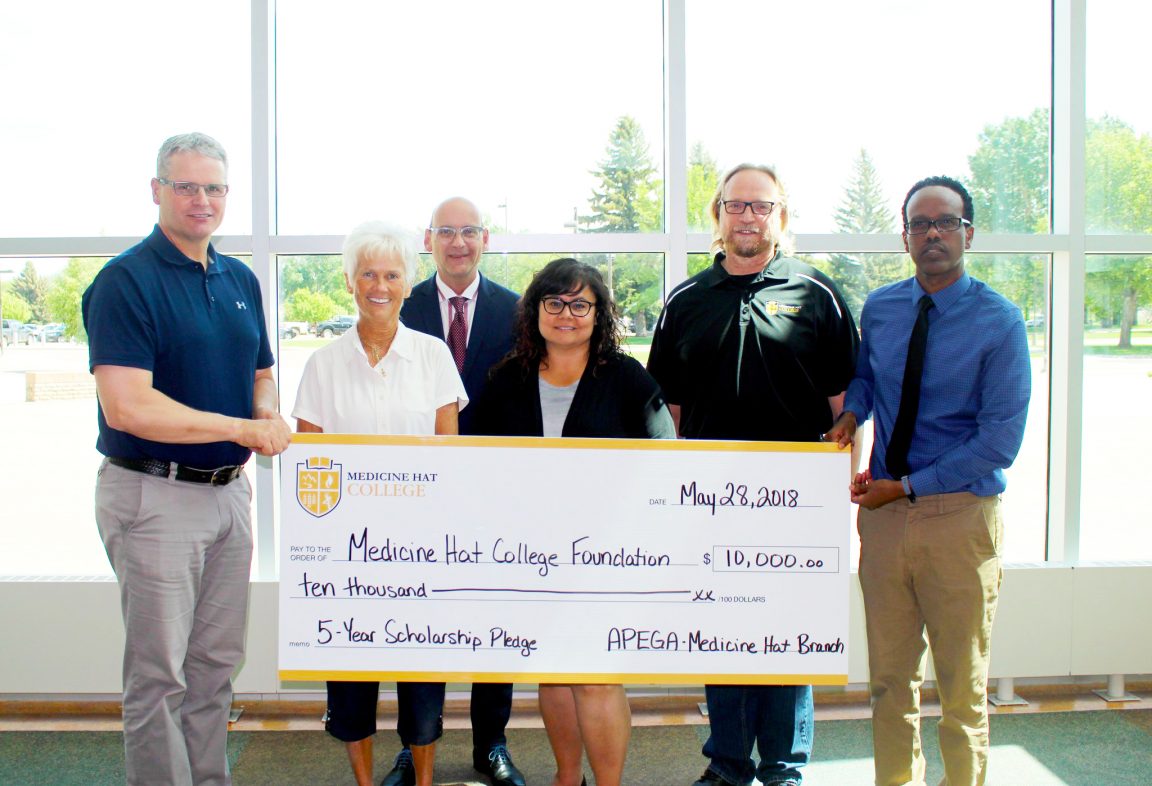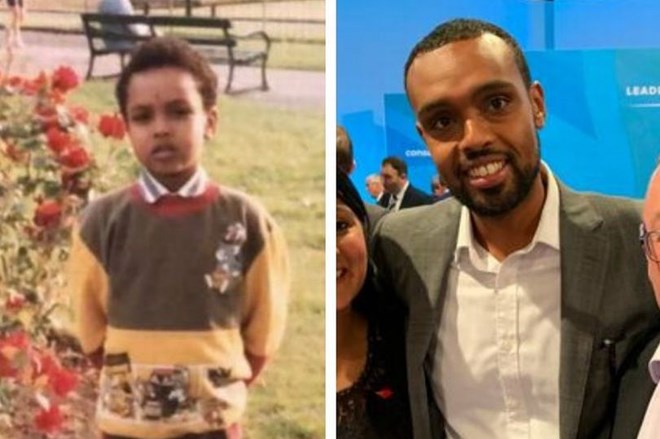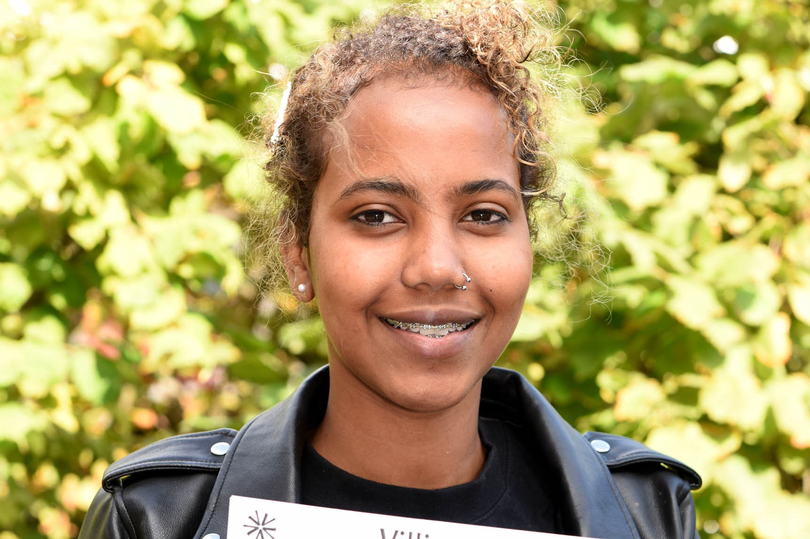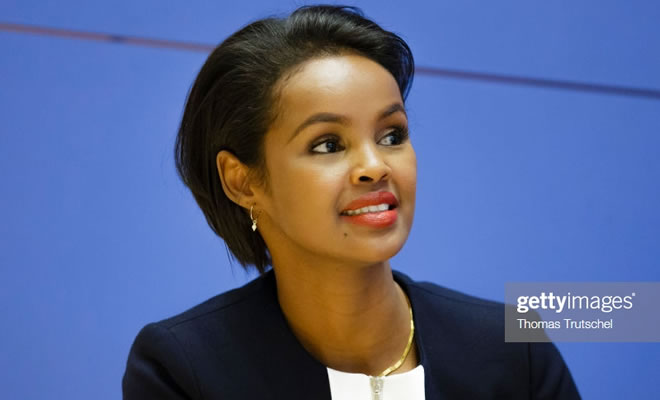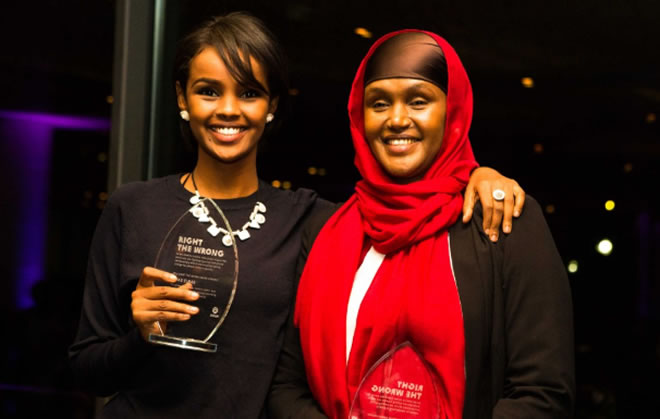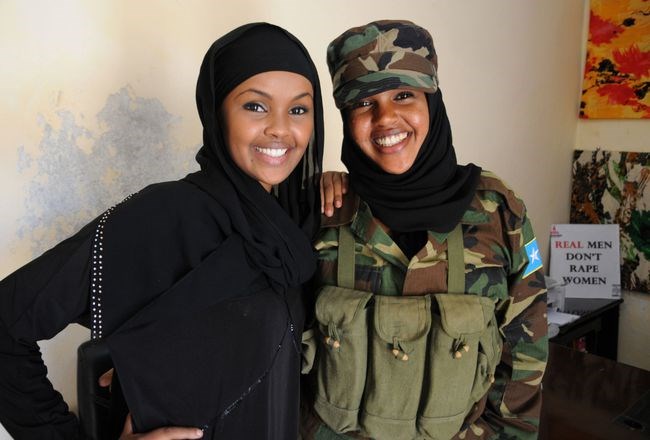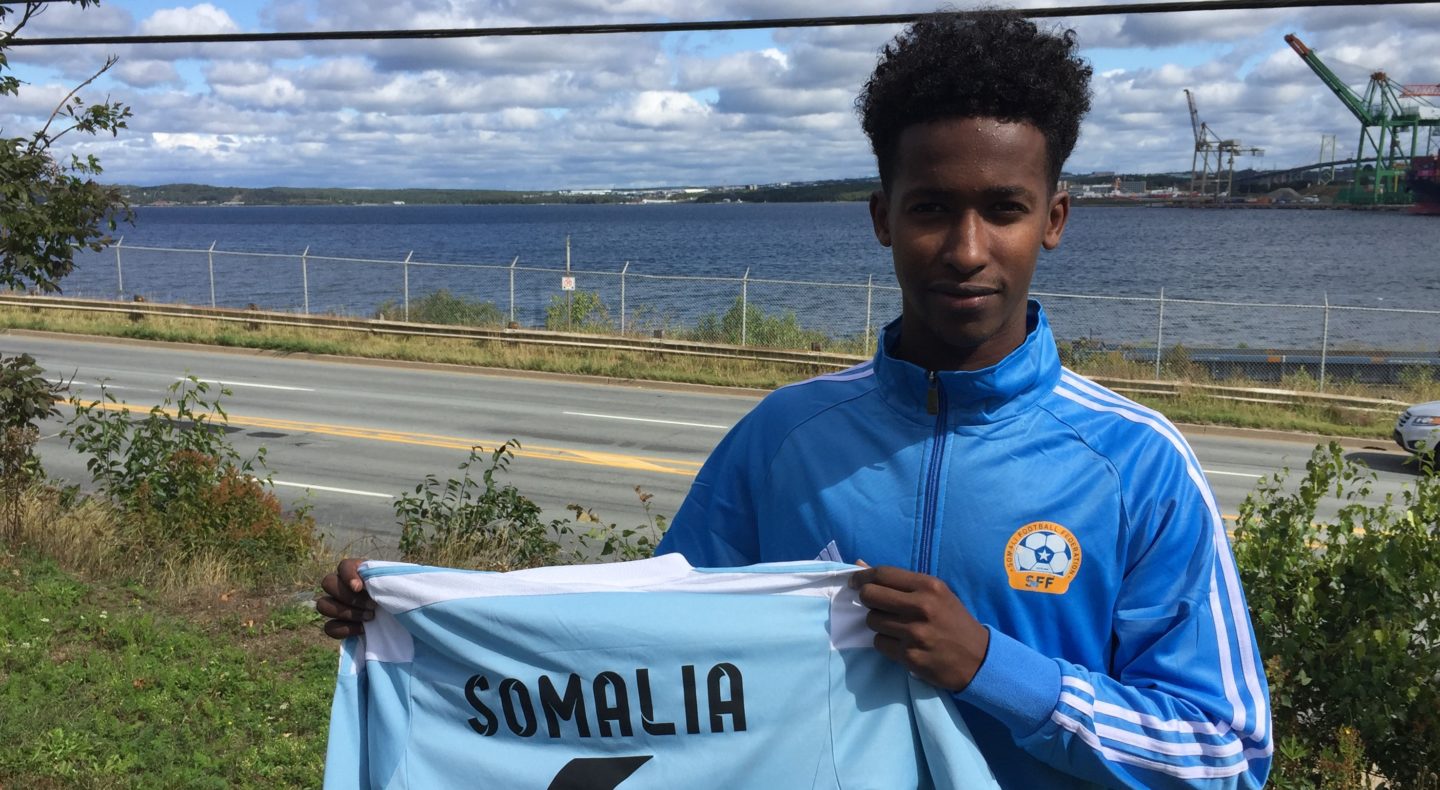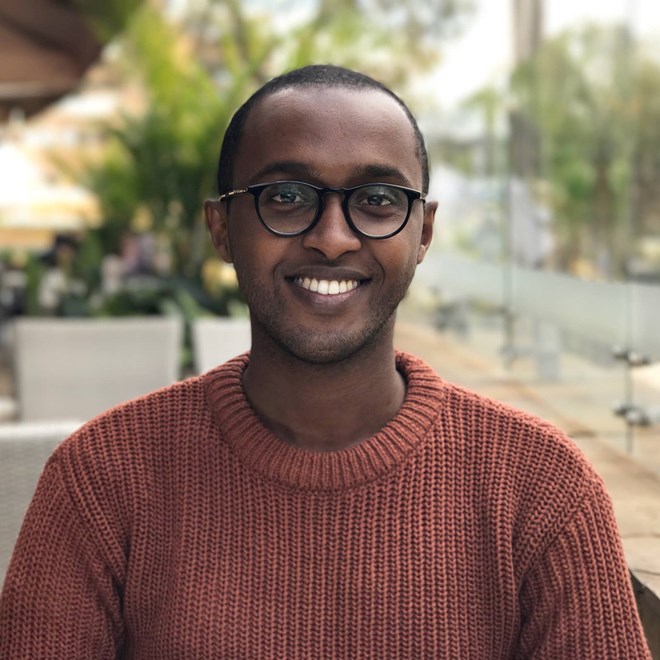Canadian sisters on front lines of rebuilding Somalia .
The Elman sisters are bathed in the honey glow of Somalia’s late afternoon sun, the only sounds coming from an iPhone in a pink case that chirps continuously and the bursts of chatter from women upstairs. A sign in the corner of the office where they sit reads: “Real Men Don’t Rape.”
For those who know the Canadian sisters from Ottawa, it is rare to see them together, just talking, sitting still, not working on Somalia’s front lines.
Ads By Google
Iman has just come from work and is still dressed in her military fatigues, a black hijab discreetly tucked beneath the lieutenant’s cap. She turns heads on Mogadishu’s streets: it is rare, if not unheard of, to have a female commander, let alone one who is only 21.
When she joined the military two years ago, women were given two pairs of pants to sew together to make a skirt. Knowing it would be hard to fight in a skirt, Iman told them one pair of pants would do. Now she commands 90 men in her battalion.
“Being raised in Canada, I was taught you’re no different from any guy, you’re equal, you’re the same,” she says. “When I went into the military they said, ‘You can’t do that, it’s not your job.’ I wanted to break some of the stereotypes here.”
Ilwad, 23, is smashing stereotypes, too, speaking out about violence against women and promoting their rights at the Elman Peace Centre, which she runs with her mother, Fartuun Adan.
She left Ottawa in 2010, to visit her mom. But she couldn’t leave.
“A lot of people didn’t understand what compelled me to come back here, and even more so, what caused me to stay,” she says. “It’s hard not to be here. I’ve been back to Canada several times but every time I’m there I feel I’m just so much more of use around here. I feel guilty almost.
“Things are changing so rapidly in Somalia. It’s like we’re in the middle of a revolution and I feel like I’m a part of that.”
Their father, Elman Ali Ahmed, would be proud. Ahmed was a well-known peace activist in Mogadishu during the early 1990s, when Somalia’s government collapsed and sectarian warfare enveloped the country. With his wife, he cared for orphans and ran community programs, including one called “Lights for Peace,” which lit the city’s dark corridors, controlled by rival warlords.
On March 9, 1996, he was shot in the back by hooded gunmen in a crime that was never solved.
“Elman did not belong to any political faction and had been outspoken in criticizing all political leaders for the continuing violence,” read Amnesty International’s statement at the time. “He had actively promoted a culture of peace and reconciliation and, unlike many businessmen went about unarmed.”
Elman was 42 when he was killed and three years later, in 1999, his wife moved to Ottawa with their young daughters, Ilwad, Iman and their eldest sister Almas, who is with the Canadian military reserves.
“I look at these girls and I see a piece of him in each of them: the creativity, the energy; the courage and ideas,” says their uncle, Ahmed Abdisalam Adan.
“None of them knew their father but the genes are there.”
Fartuun Adan raised her girls in Canada but returned to Somalia for good in 2007 to continue her humanitarian work. This March, she received an International Women of Courage Award from the U.S. Department of State.
In 2010, when Ilwad and Iman returned to Mogadishu, Al Shabab controlled most of the city. While the Al Qaeda group still has a strong, covert presence and the ability to launch attacks — such as the assault on the Supreme Court last month — the capital is no longer a war zone.
“Now I can drive down the road by myself, I can walk, I can be out until 11 at night or even past that. When I first came the curfew was at 1 p.m.,” says Ilwan. “Flying bullets and stray bullets were the norm. Now when I hear one shot I flinch because I’m not used to it anymore.”
But there is still a long way to go before the Shabab is completely conquered, especially outside of Mogadishu, where Iman has fought or led security operations.
The work of the Elman sisters highlights many underlying tensions in the city: the role of the returning diaspora; women and the stigma of speaking out on gender violence; and the building of a military that can be trusted.
Those issues converge upstairs at the Peace Centre, where a 40-year-old woman is cuddling her 1-month-old daughter. To protect her identity we’ll call her Asha. Asha was abandoned by her husband’s family after a divorce and could only survive by trading sex with soldiers for food and a place to sleep. She says she was gang raped, eventually became pregnant, and left to give birth by herself before she was rescued in a town outside of Mogadishu in April.
After spending a few weeks at the Elmans’ safe house, she is now being reunited with her family.
In March, the New York-based Human Rights Watch issued a scathing report accusing Somalia’s security forces and militias of raping displaced Somalis who had fled to camps to escape the famine and conflict in the country’s south.
The report followed the story of 27-year-old Lul Ali Osman Barake. She said she was gang raped by uniformed men, but when she reported the crime to police and a local journalist, she and the reporter were put in jail. It took a month — and international outcry — before the government acknowledged the incident.
Rape and issues of gender violence, such as forced genital mutilation of young girls, are not topics easily discussed in Somalia. Keeping the issue at the forefront is a struggle.
“This has to be addressed and the focus now is on concealing it,” Ilwad says. “So will there be a push to change Somalia’s image by just covering it, or will there be an acknowledgement that it’s happening and actually do something about it?”
https://www.thestar.com/news/world/...ers_on_front_lines_of_rebuilding_somalia.html

